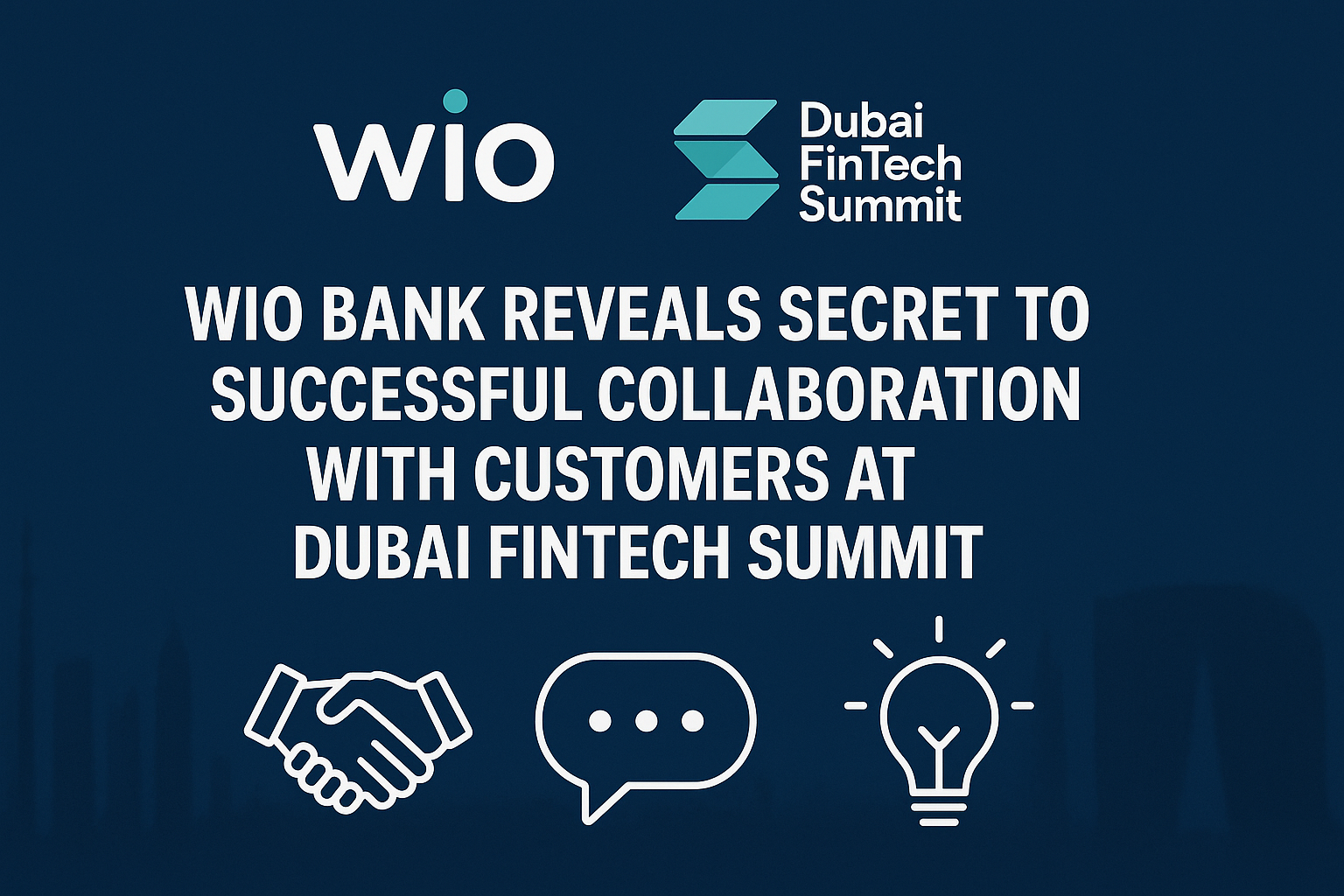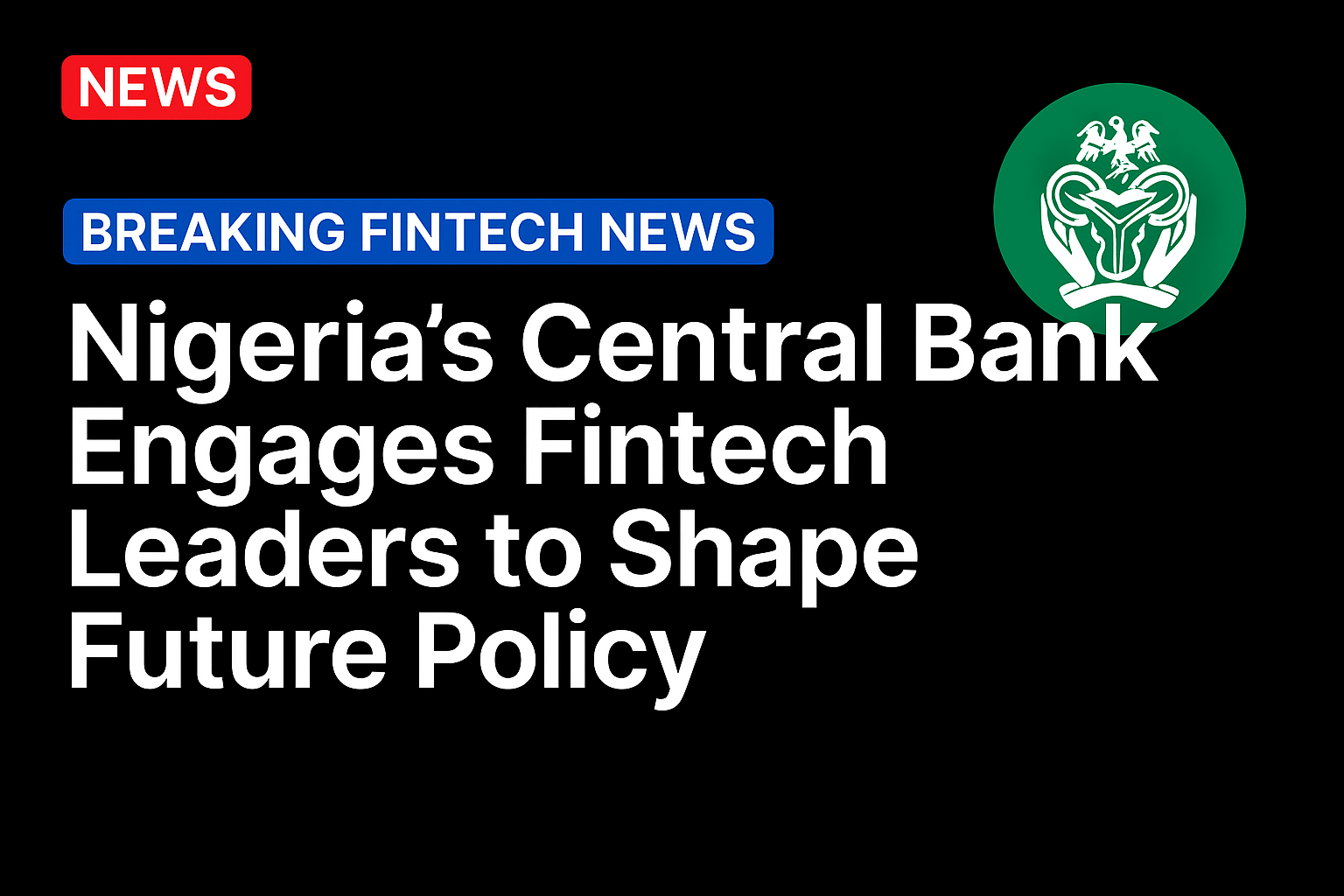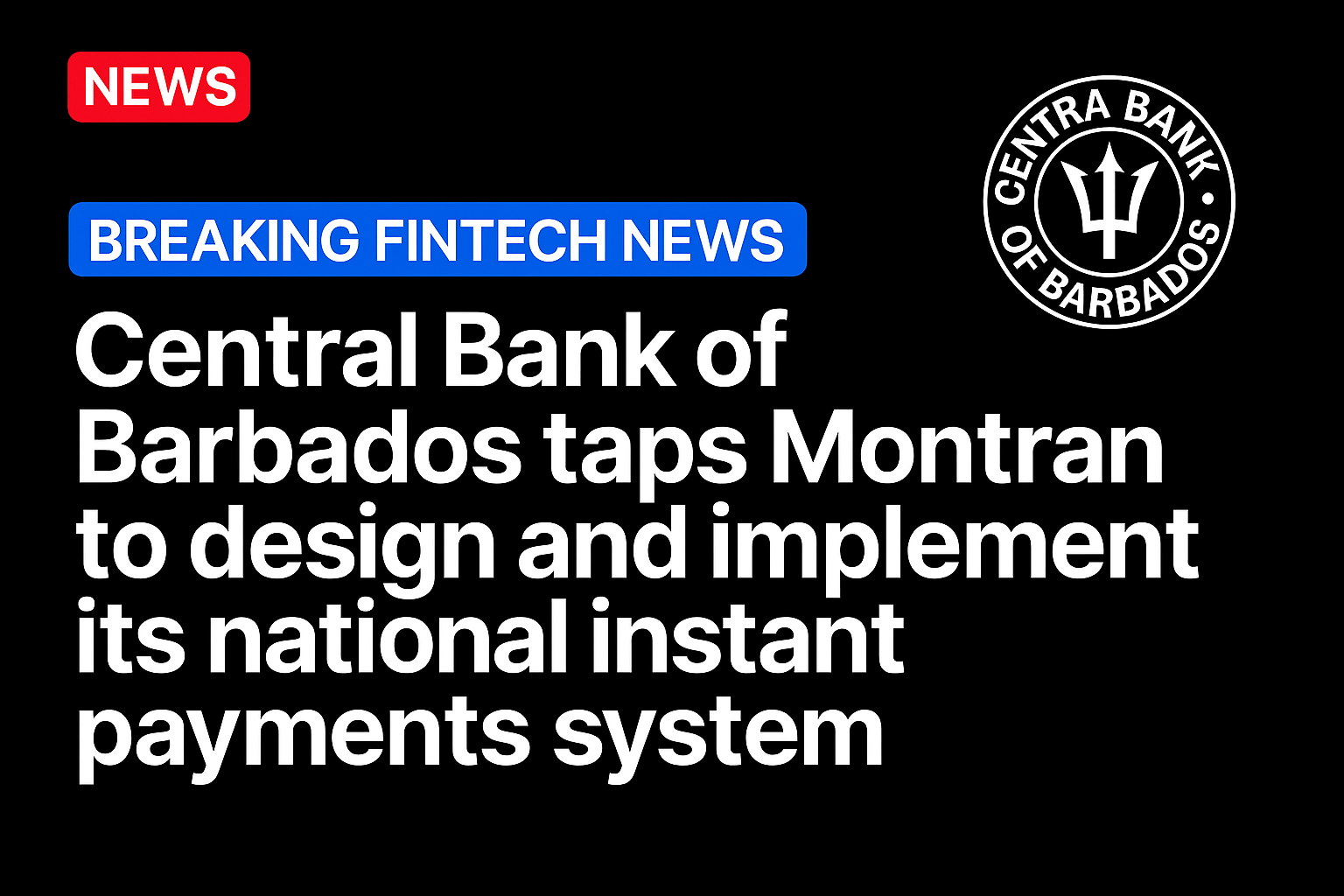Small and medium enterprises (SMEs) are created from entrepreneurs’ passions. They set themselves a goal to launch a service they care about and then they do all they can to achieve it. However, what is easy to forget, is that the majority of these firms are not financial services experts, and they need support from financial players in order to realise their dreams. This is where Wio Bank steps in.
Speaking to Richie Santosdiaz, executive economic development advisor (emerging markets), The Fintech Times, at the Dubai FinTech Summit 2025, Wio Bank’s CEO Jayesh Patel explained how the digital financial platform is tailoring its services for those that need financial guidance.
Many SMEs need to be extremely cautious with the platforms they choose to use due to their limited resources. In an ideal world, they’d select a provider which can offer multiple services in one place, explains Patel. “Before we launched, we worked with 100 SMEs. We heard some fantastic success stories as well as others which didn’t go so well.
“As a result, we decided we were going to give these SMEs a simple platform which helps them run their business and provide clear, transparent information that helps them scale too.”
Delving into how Wio Bank is doing this, Patel said: “Our platform is not just a card. Customers can send invoices, create virtual cards to manage expenses and more. We’re also constantly adding more solutions making it really simple and easy for SMEs to run the businesses they’re passionate about.”
Working with regulators
For innovative work like Wio Bank’s to take place, organisations must be aligned with the rules set in place by regulators. In the UAE especially, the regulators have been strongly involved with innovation in a variety of sub-sectors, ranging from open banking to stablecoins, indicating their support of the region’s growth. In doing so, Patel says they “are protecting consumer money and doing a fantastic job.”
Reshaping SMEs through data-driven tools
Organisations are adapting their offerings due to the digital tools being created by financial experts, enabling them to experience faster onboarding, simplified cash flow, credit decisions based on business performance and more.
Elaborating on what these tools can offer firms, Patel added: “The biggest accelerator for organisations looking to utilise these sorts of tools in fintech is going to be AI. Up until last November, AI just felt like a buzzword, but now, we are seeing corporate implementation.
“We are also experiencing a maturity when it comes to how data is accessed and utilised. It is owned by the consumer but we are seeing new levels of collaboration which means consumers are getting value out of sharing their data. Companies are also benefitting as they’re able to use this data to build an interconnected, global offering.”
Identifying one way in which data insights have positively impacted the financial sector, Patel highlighted the use case in lending. “Before when I took out a loan, I would have to pay it back monthly for 24 months. Now there’s been a shift to 30, 60 or 90-day loans which help organisations with cash flow management.
“This simplifies finances and ensures SMEs do not have to face any long-term debt. Meanwhile, the lenders – the banks and financial institutions – benefit from this as they gain access to these SMEs’ real-time data, which allows them to manage decisions very quickly.”
The evolving Middle Eastern entrepreneurial landscape
There is a generational shift taking place in the Middle East and North Africa (MENA) region in regard to the age of new entrepreneurs. However, having grown up in the digital era, these new founders are looking for financial services to be embedded into their daily operations, not added on as a separate layer.
“As more entrepreneurs arrive in the region, and as more talent is born and raised here, we are likely going to see these newcomers identify problematic areas that we couldn’t see before.
“When we talk to these new players, we are quickly realising we can embed our services in many more ways than we previously imagined.”
Having attended the Billion Dollar Summit, Patel reflects on what he learnt speaking to entrepreneurs. “We want to embed ourselves in the stories of the businesses I spoke to, but to do so, we need to learn more. The only way we can do this is by listening to our customers and our partners.
“The collaboration which takes place after these conversations enables us to offer new products that can serve the sector as they need, rather than reconfiguring old ones, which may not work as well.
“The beauty of technology and that pace at which it’s changing is that you can afford to build new products, customise them and embed them.
“Ultimately, if you want to make a successful business, you need to listen to your customers and the economic trends taking place. That’s why I think a lot of people end up moving their businesses here. From a Wio Bank point of view, we listen to our customers and 90 per cent of the time, the products we launch as a result of listening do better than those we launch based on our own understanding.”
Source: https://thefintechtimes.com/





